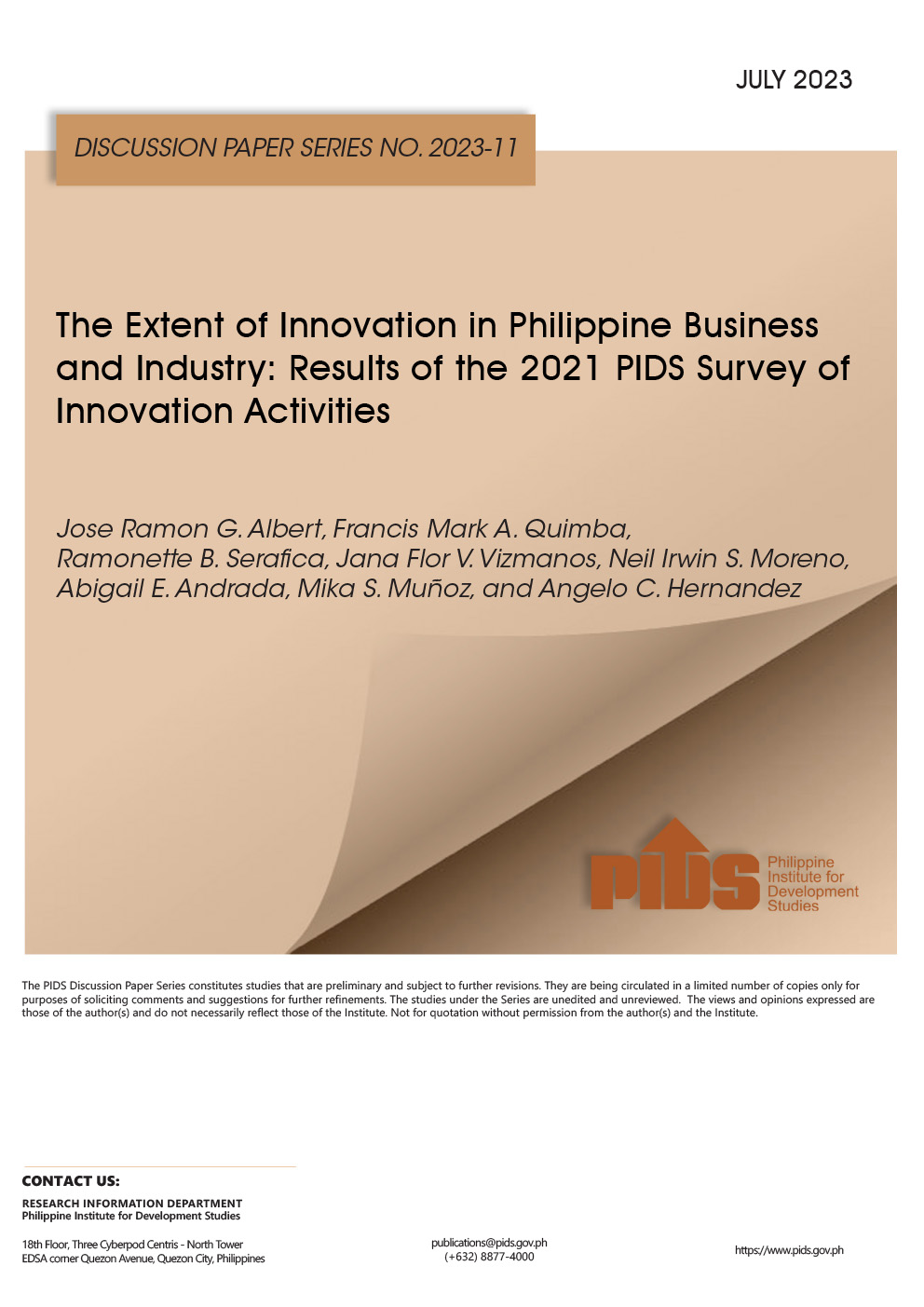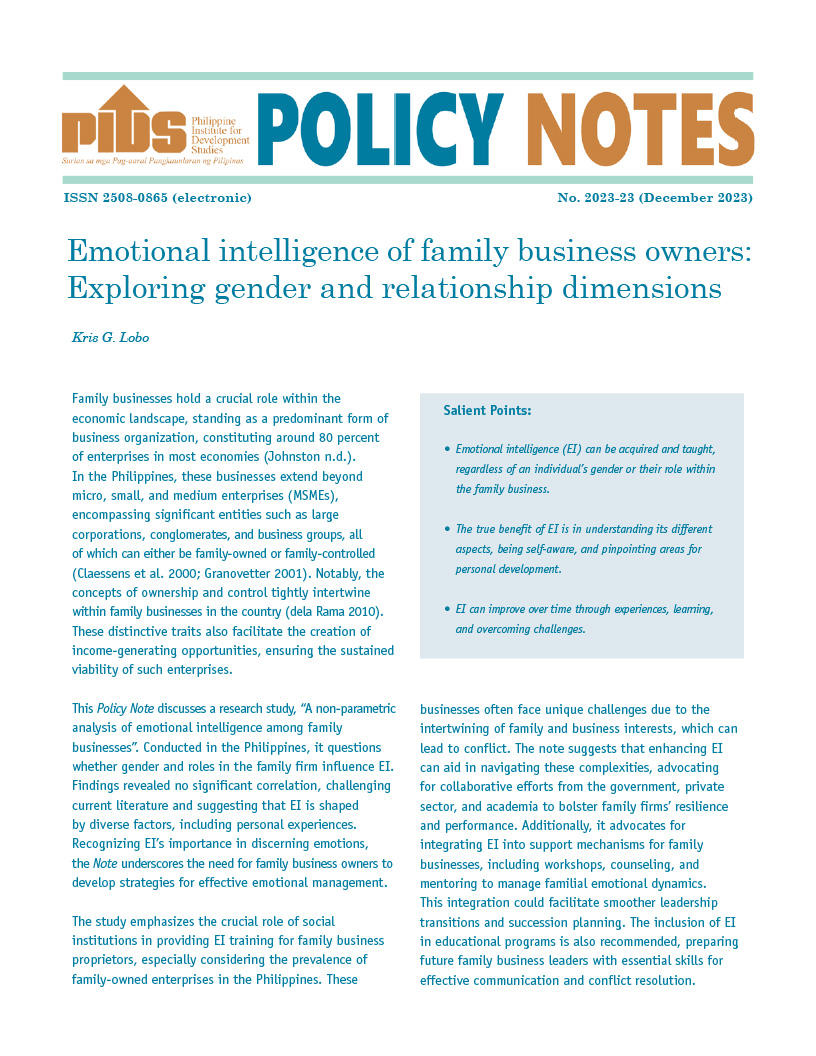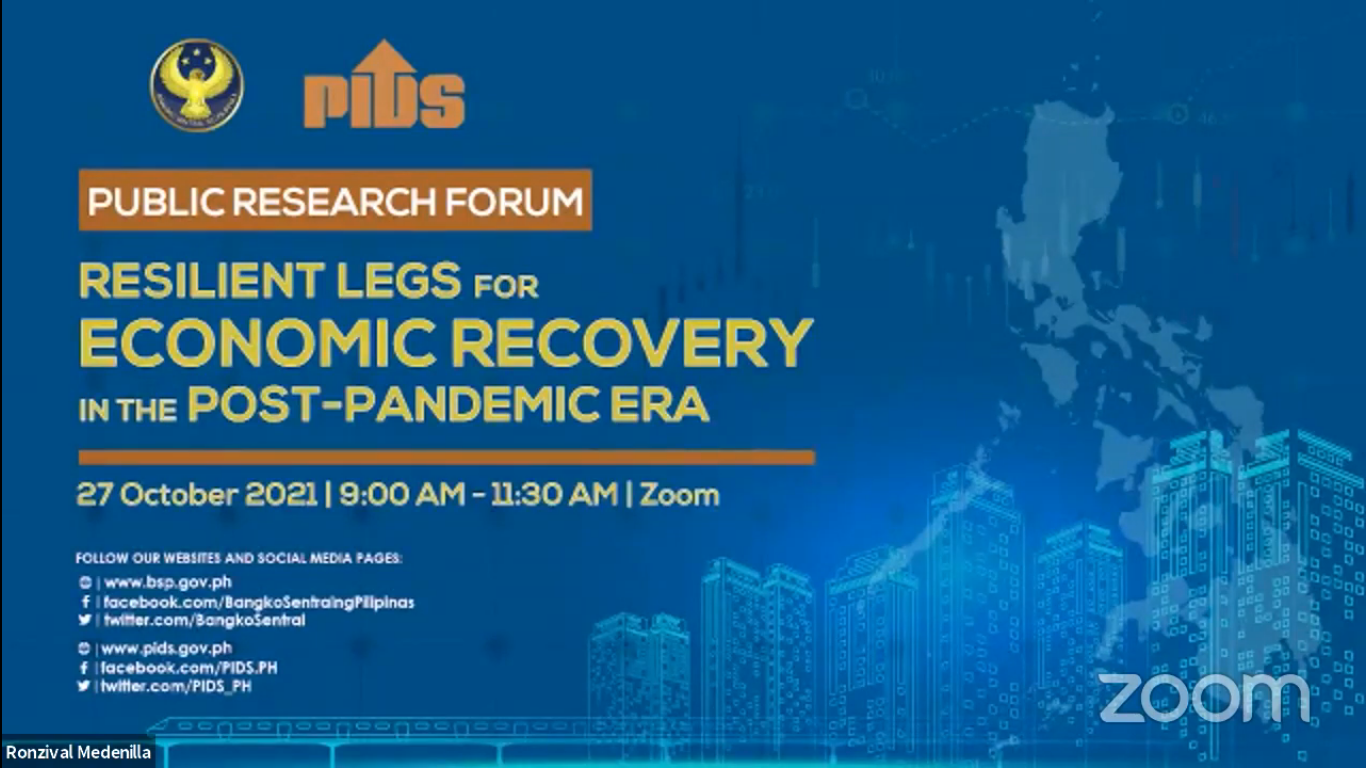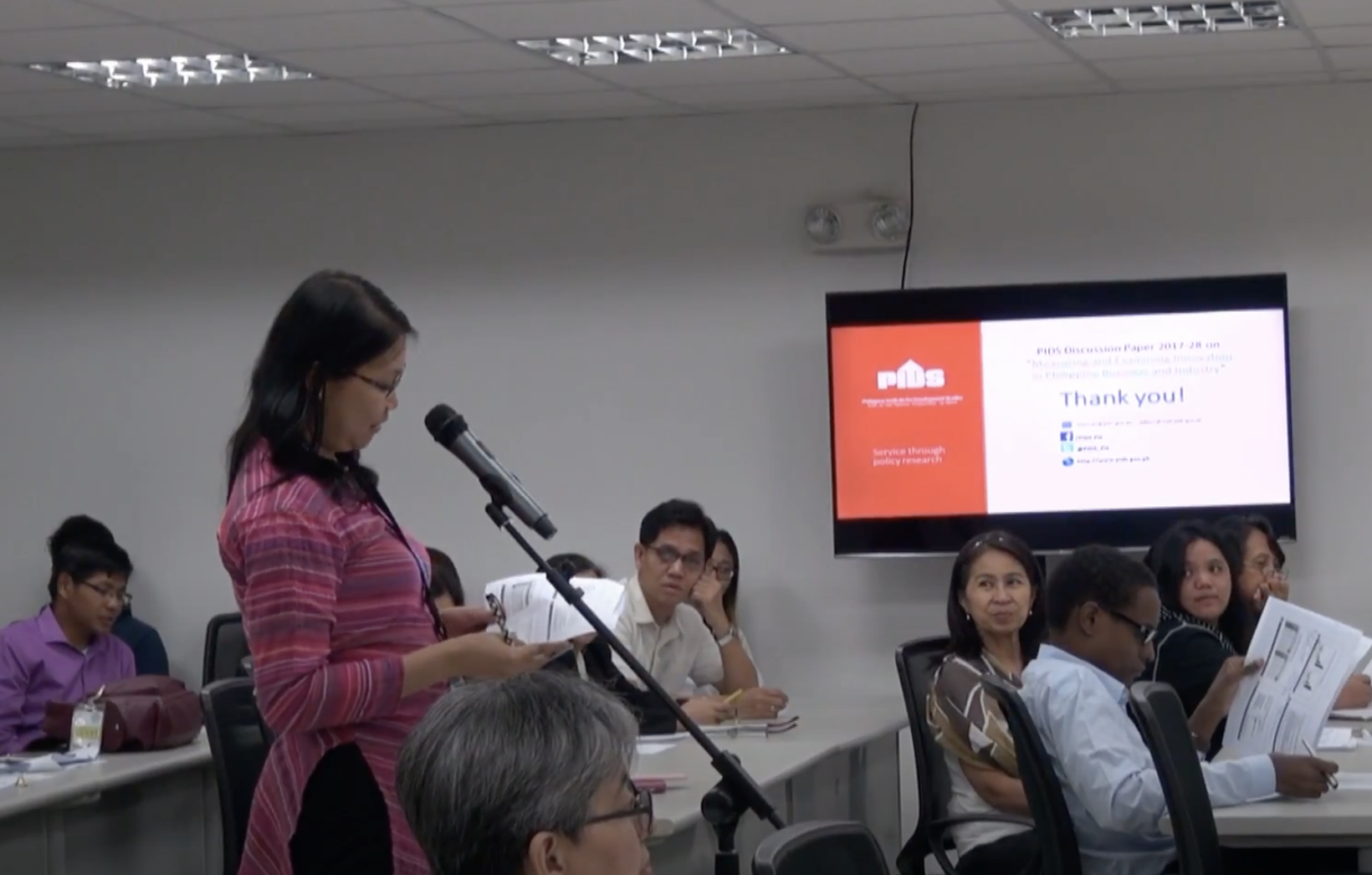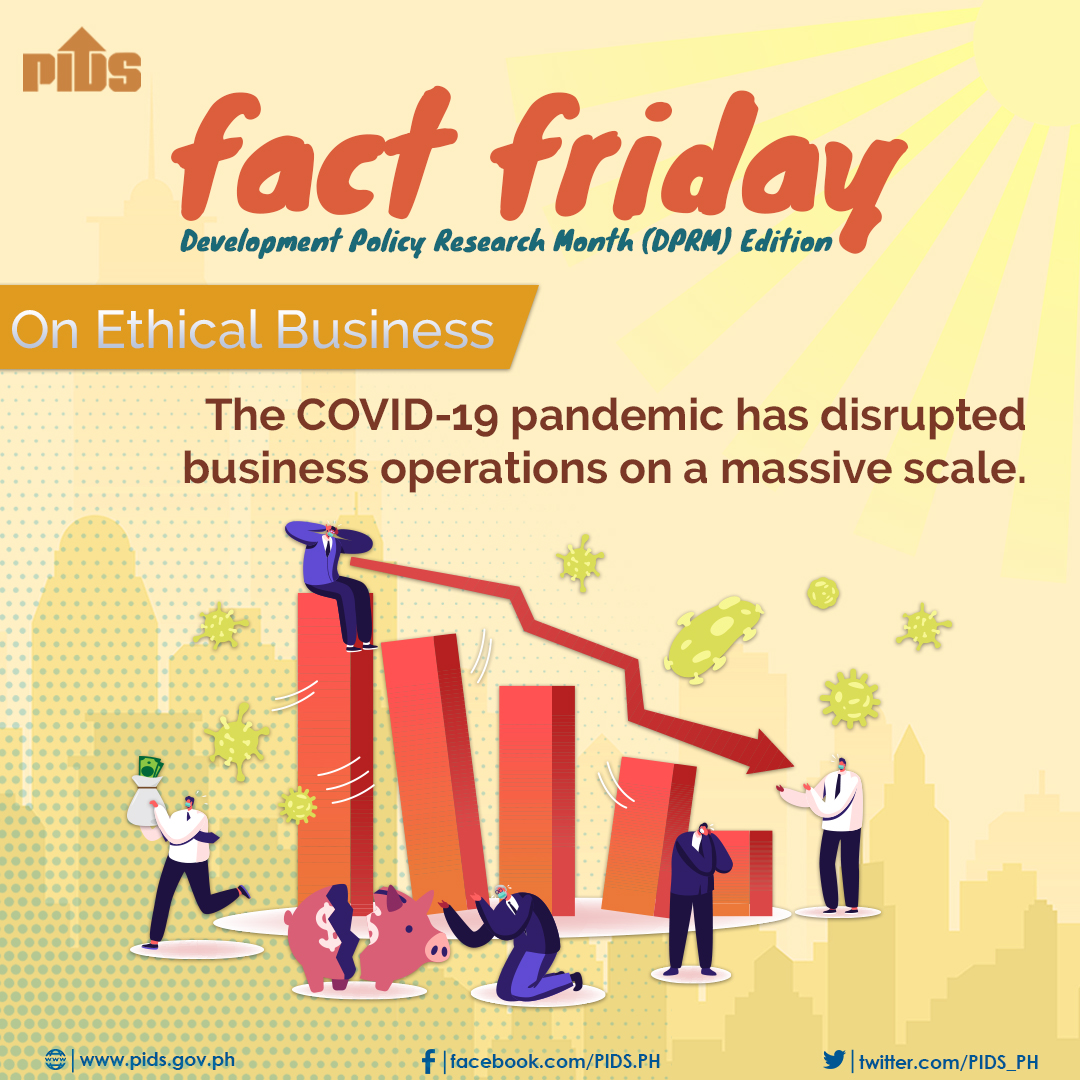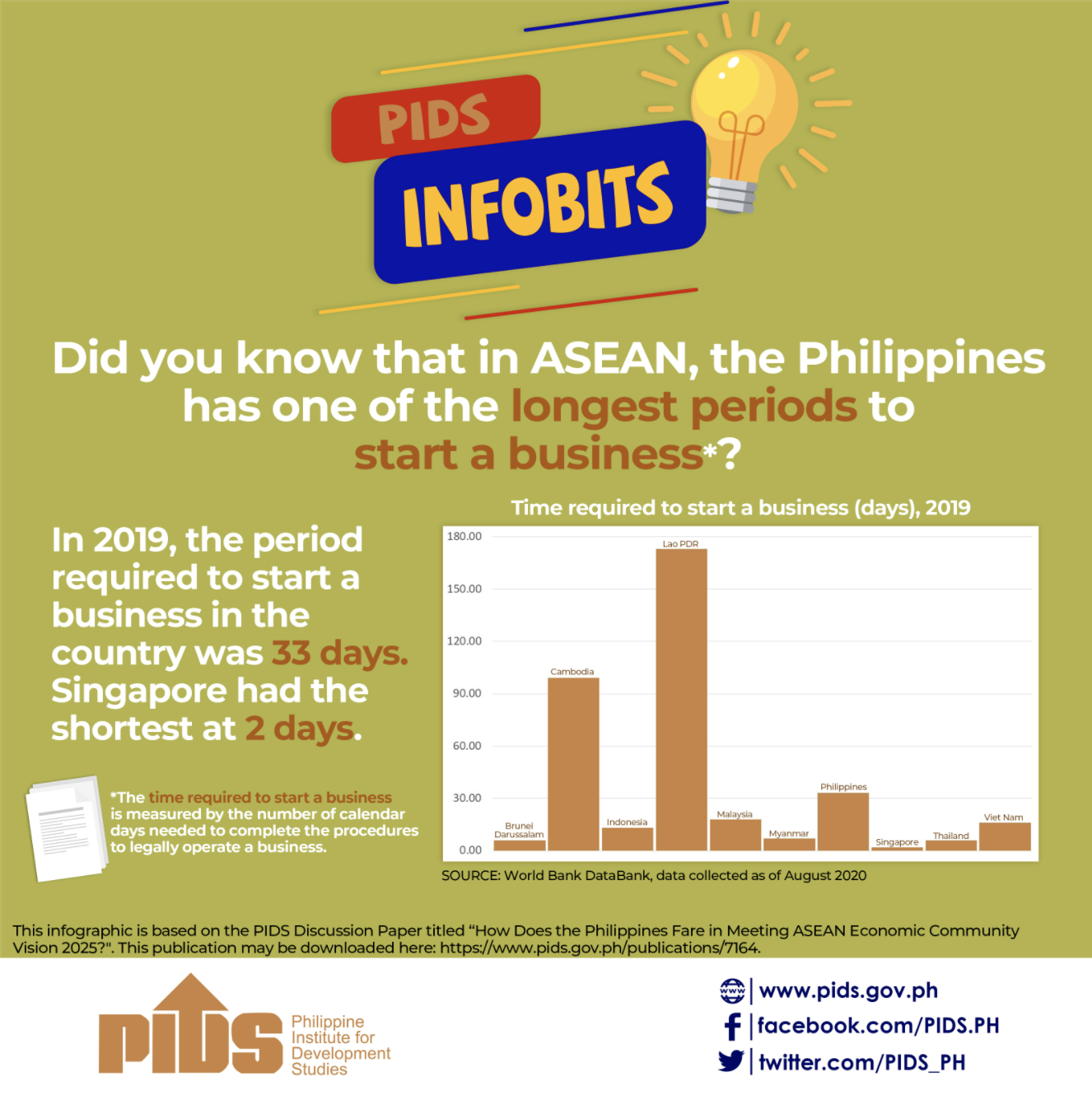QUEZON CITY, PHILIPPINES -- With the scheduled easing of quarantine restrictions in many areas of the country on May 16, cooperatives are anticipating a potential mass withdrawal of savings by members to shore up their cash reserve. This could lead to a cash flow problem that could result in a financial collapse for the cooperatives. “My greatest fear is a financial crisis that could result from liquidity problems of the cooperative,” says the CEO of one primary agricultural cooperative in the country. This sentiment was shared by other cooperative managers in a rapid survey conducted by Agriterra Philippines among its clients in line with the establishment of its Corona Regional Help Desks worldwide.
Next to that is the big question of how to re-start cooperative business operations in an environment that has completely changed due to the new measures for ensuring social distancing to stop a possible “second wave” of infections in the country. “We need to rehabilitate our plans and adapt to a new normal despite constraint in resources,” says another manager of a cooperative whose operations had to be reduced to half its capacity due to the enhanced community quarantine in the Luzon area. This was the same challenge faced by other cooperatives in different provinces in the country where the primary business activity is related to agriculture.
Webinar
In order to explore these issues further, and help cooperative clients become forward-looking and prepared to adapt to this new reality, Agriterra Philippines organised an online round table discussion or webinar on “Business Continuity for Agricultural Cooperatives Amidst COVID-19” on May 7, 2020 with support from USAID through the GROW Coop project. 64 participants logged in to the webinar that was conducted through Zoom and also broadcast on Facebook Live. These were mainly cooperative managers, board members and staff, but also employees of Agriterra and USAID, as well as other partner institutions like the Landbank.
Raphie Hayat, a Senior Economist at the Rabobank in the Netherlands, gave a macro outlook on the impact of COVID-19 on the global and regional economy as well as the financial markets. He presented the deep impact of the pandemic, which only appear less due to fiscal and monetary policy reactions of government. With China leading the example of a return to normal activity, it is projected that recovery would be slow and difficult.
Focusing more on the agri food sector in the country, Dr. Roehl Briones, Senior Research Fellow at the Philippine Institute for Development Studies, gave an even grimmer picture of the economic outlook. He presented the most likely scenario of an L-shaped recovery. He also pointed to the fundamental weaknesses in the agriculture sector that add to the negative impact it is expected to suffer.
Xiaolan Yu, Credit Risk Head of ABN-AMRO Hong Kong, shared the risk management practices of the bank during the pandemic, including its business continuity mode, liquidity planning, loan portfolio analysis, liquidity stress test, among others. She emphasized the importance of diversification among agricultural cooperative businesses, getting in close touch with member needs, and the needed transparency of information by the members. She also shared the outlook for more online work, social distancing, and employee support. She also delivered a very strong message that survival requires support from the government.
Addressing the usual question of cooperatives on what support is available to them, Ed de Guzman of the Landbank of the Philippines presented the guidelines for accessing its I-RESCUE program for small enterprises, MFIs and cooperatives. Details of the program are available on the bank’s website as well as with the lending centers nationwide. He pointed out the streamlined process, relaxed requirements and other leniency by the bank on a case to case basis.
Tying it all up together and sharing his own experiences as an entrepreneur in coping with the crisis and adjusting to the new normal, Tark Bartlema, Managing Partner for Asia at Eaglesensing gave some pointers for an effective re-entry for agribusinesses. He emphasised the need for liquidity (cash is king), cutting down on non-essentials and forgoing growth and new investments in favor of ensuring the continuity of business.
Come together
In the end participants shared their plans for applying some of the ideas shared in the webinar such as business continuity planning, liquidity stress test and portfolio risk management. But the louder message was the need for cooperatives and their support institutions to come together and identify priority areas for government support and to pool resources to come up with a common resiliency fund that will help them overcome the prolonged impact of COVID-19 and adapt to the new reality of doing business as cooperatives.
Agriterra Philippines and USAID agreed to work together to pursue the next steps towards providing more focused and practical support to agricultural cooperative operations as well as mobilising stakeholder support for their businesses and organisations.
Next to that is the big question of how to re-start cooperative business operations in an environment that has completely changed due to the new measures for ensuring social distancing to stop a possible “second wave” of infections in the country. “We need to rehabilitate our plans and adapt to a new normal despite constraint in resources,” says another manager of a cooperative whose operations had to be reduced to half its capacity due to the enhanced community quarantine in the Luzon area. This was the same challenge faced by other cooperatives in different provinces in the country where the primary business activity is related to agriculture.
Webinar
In order to explore these issues further, and help cooperative clients become forward-looking and prepared to adapt to this new reality, Agriterra Philippines organised an online round table discussion or webinar on “Business Continuity for Agricultural Cooperatives Amidst COVID-19” on May 7, 2020 with support from USAID through the GROW Coop project. 64 participants logged in to the webinar that was conducted through Zoom and also broadcast on Facebook Live. These were mainly cooperative managers, board members and staff, but also employees of Agriterra and USAID, as well as other partner institutions like the Landbank.
Raphie Hayat, a Senior Economist at the Rabobank in the Netherlands, gave a macro outlook on the impact of COVID-19 on the global and regional economy as well as the financial markets. He presented the deep impact of the pandemic, which only appear less due to fiscal and monetary policy reactions of government. With China leading the example of a return to normal activity, it is projected that recovery would be slow and difficult.
Focusing more on the agri food sector in the country, Dr. Roehl Briones, Senior Research Fellow at the Philippine Institute for Development Studies, gave an even grimmer picture of the economic outlook. He presented the most likely scenario of an L-shaped recovery. He also pointed to the fundamental weaknesses in the agriculture sector that add to the negative impact it is expected to suffer.
Xiaolan Yu, Credit Risk Head of ABN-AMRO Hong Kong, shared the risk management practices of the bank during the pandemic, including its business continuity mode, liquidity planning, loan portfolio analysis, liquidity stress test, among others. She emphasized the importance of diversification among agricultural cooperative businesses, getting in close touch with member needs, and the needed transparency of information by the members. She also shared the outlook for more online work, social distancing, and employee support. She also delivered a very strong message that survival requires support from the government.
Addressing the usual question of cooperatives on what support is available to them, Ed de Guzman of the Landbank of the Philippines presented the guidelines for accessing its I-RESCUE program for small enterprises, MFIs and cooperatives. Details of the program are available on the bank’s website as well as with the lending centers nationwide. He pointed out the streamlined process, relaxed requirements and other leniency by the bank on a case to case basis.
Tying it all up together and sharing his own experiences as an entrepreneur in coping with the crisis and adjusting to the new normal, Tark Bartlema, Managing Partner for Asia at Eaglesensing gave some pointers for an effective re-entry for agribusinesses. He emphasised the need for liquidity (cash is king), cutting down on non-essentials and forgoing growth and new investments in favor of ensuring the continuity of business.
Come together
In the end participants shared their plans for applying some of the ideas shared in the webinar such as business continuity planning, liquidity stress test and portfolio risk management. But the louder message was the need for cooperatives and their support institutions to come together and identify priority areas for government support and to pool resources to come up with a common resiliency fund that will help them overcome the prolonged impact of COVID-19 and adapt to the new reality of doing business as cooperatives.
Agriterra Philippines and USAID agreed to work together to pursue the next steps towards providing more focused and practical support to agricultural cooperative operations as well as mobilising stakeholder support for their businesses and organisations.

